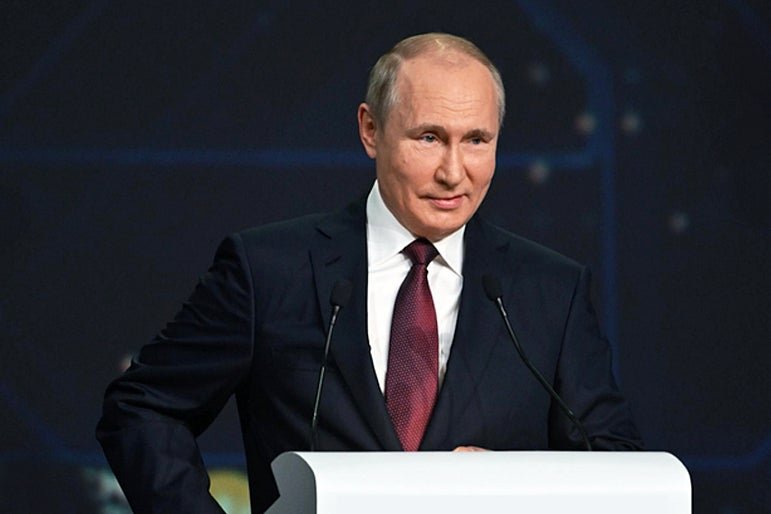North Korea’s recent satellite launch has sparked international concern as it raises questions about the nation’s intentions and capabilities. The launch was closely inspected by North Korea’s leader, Kim Jong Un, indicating the significance of this event.
The satellite, which is believed to be used for spying purposes, captured detailed images of strategic locations in South Korea and beyond. While South Korean defense officials and analysts have yet to independently verify its capabilities, the images taken by the satellite suggest that it has the ability to capture sensitive information.
The photographs were reviewed by Kim Jong Un at the National Aerospace Technology Administration control center in Pyongyang. The images included snapshots of Seoul, Mokpo, Kunsan, Pyeongtaek, and Osan, highlighting areas where U.S. and South Korean military bases are situated. Additionally, the satellite captured images of significant U.S. military locations such as Naval Station Pearl Harbor and Hickam Air Force Base during its pass over Hawaii.
One notable photo showcased the U.S. aircraft carrier Carl Vinson, which was docked at Busan port in South Korea at the time. These images raise concerns about North Korea’s surveillance capabilities and its potential to gather intelligence on military activities in the region.
In response to the satellite launch, North Korea’s state media criticized the United States for supplying advanced weapons to South Korea. They warned of a potential global nuclear war stemming from conflicts on the Korean peninsula. International diplomats, including those from Japan, South Korea, and the U.S., have condemned the satellite launch, citing its potential to destabilize the region.
South Korean Defense Minister Shin Won-sik expressed skepticism regarding North Korea’s claims of imaging Guam, indicating that more time would be needed for effective satellite reconnaissance.
The launch of this satellite further exacerbates tensions between North Korea and the international community. It highlights the nation’s continuous efforts to enhance its military capabilities and gather intelligence on its adversaries. The international community must closely monitor these developments and work towards peaceful resolutions to prevent further escalation of tensions on the Korean peninsula.
It is important to note that this article was partially produced with the help of AI tools and was reviewed and published by Benzinga editors.





